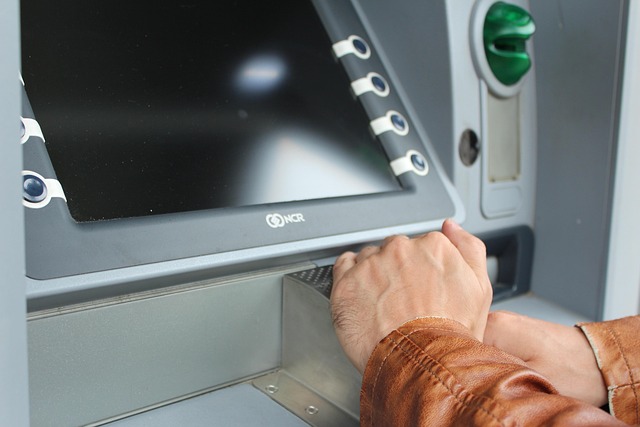Title loans without the car provide a flexible financial solution, allowing individuals to access funds using their vehicle's equity as security. This alternative to traditional title loans caters to those needing quick cash but wishing to retain possession of their vehicle. Lenders evaluate the borrower's income and credit history rather than requiring physical control of the car, offering weekly or bi-weekly repayment options and a swift approval process via direct deposit, ideal for valuable vehicles.
“Have you considered title loans as a financial option but worry about not owning a car? Discover the possibility of securing funds through title loans without the traditional vehicle requirement. This article guides you through the process, offering an insightful overview of ‘title loans without the car’.
We’ll explore the fundamentals of these loans, understand the standard criteria typically involved, and delve into innovative alternatives that cater to those without a vehicle. By the end, you’ll have a clear picture of accessible financial solutions.”
- Understanding Title Loans: An Overview
- Traditional Requirements for Title Loans
- Exploring Alternatives: Getting Title Loans Without the Car
Understanding Title Loans: An Overview

Title loans have gained popularity as a quick solution for individuals seeking emergency funding or financial assistance. In simple terms, a title loan is a type of secured lending where the borrower’s vehicle—typically their car—is used as collateral. Lenders provide a cash advance based on the estimated value of the vehicle, with the understanding that the borrower will repay the loan plus interest within a specified period. This option is often sought by folks in need of quick funding for various reasons, from unexpected expenses to opportunities that require immediate capital.
Unlike traditional loans, title loans without the car are not entirely unheard of but do come with certain restrictions and considerations. Some lenders may offer alternative forms of secured lending where other assets or personal property can serve as collateral. This flexibility is particularly useful in situations where an individual lacks a vehicle or wants to avoid temporarily handing over their car while still needing emergency funding.
Traditional Requirements for Title Loans

When considering a title loan, traditional requirements often involve providing a vehicle as collateral to secure the loan amount. This is because lenders rely on the value of the vehicle as protection against potential defaults. However, it’s not always necessary to own a car to access these types of loans; alternative options exist for those who don’t have one. Some lenders are now offering title loans without requiring the physical possession of a vehicle, focusing instead on evaluating the equity held in the vehicle’s ownership.
The title loan process for this variation typically involves assessing the borrower’s ability to repay, similar to other loan types. Key factors include evaluating the borrower’s income and credit history. Lenders may also consider the repayment options available, such as weekly or bi-weekly payments, to ensure the loan is manageable for the borrower. This approach allows individuals with vehicles but limited liquid assets to access funds quickly, providing a viable solution for short-term financial needs without sacrificing their transportation.
Exploring Alternatives: Getting Title Loans Without the Car

When considering a short-term financial solution, many individuals are curious about their options beyond traditional loans that require collateral, such as a car. Exploring alternatives like title loans without the car can offer a breath of fresh air for those seeking quick cash. This innovative approach leverages vehicle equity, allowing borrowers to access funds by using their vehicle’s registration as security, regardless of whether they wish to surrender physical possession.
The process typically involves a simple application, where lenders assess the vehicle’s value and determine loan approval based on factors like the car’s make, model, year, and overall condition. Upon approval, a direct deposit can be initiated, providing borrowers with much-needed funds within a short time frame. This option is particularly appealing for those who own a valuable vehicle but prefer not to part with it as collateral.
While traditional title loans typically require ownership of a vehicle as collateral, it’s possible to explore alternatives that allow you to access cash without parting with your wheels. This option can be beneficial for those who don’t own a car or prefer not to use one as security. By understanding the available methods and carefully considering your financial situation, getting title loans without the car might be feasible, offering a short-term solution for urgent funds.






